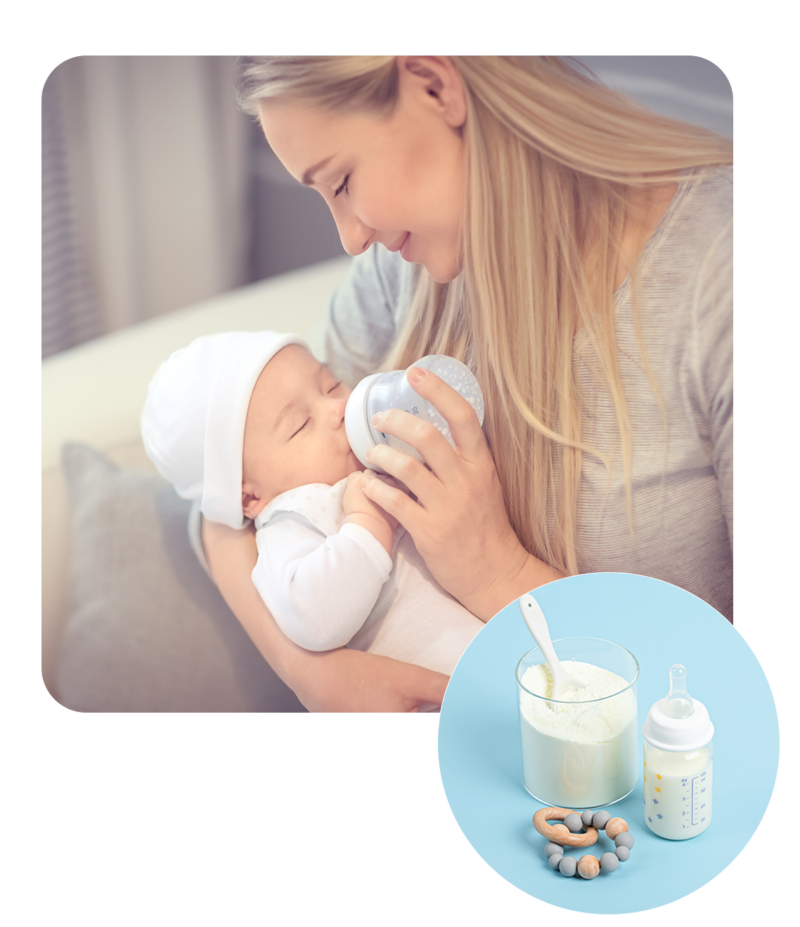Colic may be triggered by certain things. There are ways you can avoid these triggers.
Although it is distressing, the most important thing to remember if your baby is affected by colic is to remain calm.
Introduce a soothing routine around the time of the day when your baby’s colic is usually at its worst, this is typically in the evenings.
Keep a log of the times when your baby’s colic is at its worst – you may be able to find a pattern associated with any triggers, allowing you to understand better how to ease the symptoms.
Despite the characteristic inconsolable nature of the crying, it may be possible to reduce colic symptoms by trying different soothing techniques, as some babies may respond better to some techniques than others. You may find some of the following helpful :

Try these movements and stimuli to sooth your baby.
Colic doesn’t cause any short-term or long-term problems for your baby. But colic can be difficult for parents. It can be hard to care for babies who don’t stop crying. You may feel overwhelmed or frustrated. If you’re feeling this way, it’s important to ask for help. Ask someone close to you to help watch your baby. Never shake or harm your child. Shaking a baby can cause serious brain damage and even death. If you feel like you might shake or harm your baby, get help right away.
The following are things to keep in mind about colic.
Contact your baby’s doctor if:
Suitable from birth onwards
Works in Minutes